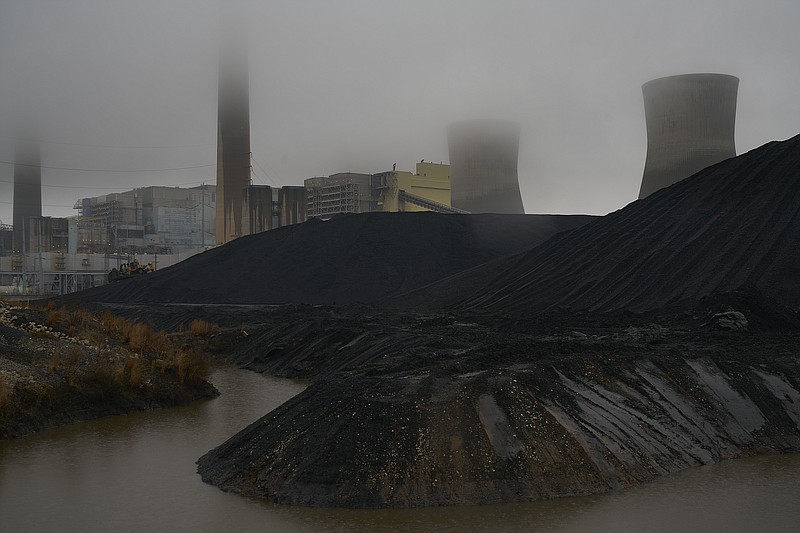WASHINGTON -- The Trump administration finalized a rule Wednesday that stands to make it more difficult to enact public health protections by changing the way the Environmental Protection Agency calculates the costs and benefits of new limits on air pollution.
The new cost-benefit requirements, which apply to all future Clean Air Act rules, instruct the agency to weigh all the economic costs of curbing an air pollutant but disregard many of the incidental benefits that arise, such as illnesses and deaths avoided by a potential regulation. In other words, if reducing emissions from power plants also saves tens of thousands of lives each year by cutting soot, those "co-benefits" should not be considered.
"This is all about transparency and conducting our work in a transparent fashion" EPA Administrator Andrew Wheeler said Wednesday as he announced the rule during a webinar at the Heritage Foundation, a conservative think tank. "Our goal with this rule is to help the public better understand the why of a rule-making, in addition to the what." He said the agency's past approach "has meant inconsistent rules and a disoriented private sector."
Wheeler said the change would not prevent the EPA from factoring in indirect benefits of new regulations in the future but that it requires the agency to be "upfront" about these calculations. "We will also require reports that distinguish between domestic and international benefits," Wheeler added, "so that Americans can see what their regulators are doing for people here in the United States."
The move is one of several major environmental rollbacks that the administration is pushing through before President Donald Trump leaves office next month.
The EPA's proposal has faced criticism from environmental advocates, who suggested that it will not withstand legal challenges. The incoming administration probably will overturn the rule, though that would take time because there are legal procedures that must be followed to eliminate an existing regulation.
Wheeler on Wednesday dismissed criticism of the effort as misleading, saying environmental groups and some media "are ignoring what we are trying to do here and mischaracterizing this. This is all about transparency."
In a statement, the American Chemistry Council backed the change.
"Ensuring a clear, consistent and correct appraisal of benefits and costs in the regulatory process is a commonsense idea with bipartisan support," said Karyn Schmidt, senior director of regulatory and technical affairs. "The 'good government' reforms included in the rule will improve decision-making as to where to allocate resources while supporting capital investment that drives economic growth."
But the shift also sparked criticism, with critics suggesting that it represented a last-minute attempt to hamper future administrations.
"A lame duck Trump EPA is exiting with a legacy of lawbreaking and lying about the health benefits of clean air and climate safeguards, to hamstring future EPAs and thwart stronger protections," said John Walke, clean-air director for the Natural Resources Defense Council. "The president's minions know this midnight rollback will be reversed by an incoming Biden administration or the courts; so this cynical act is sheer sabotage, designed to waste resources and the time it will take to reverse it."
